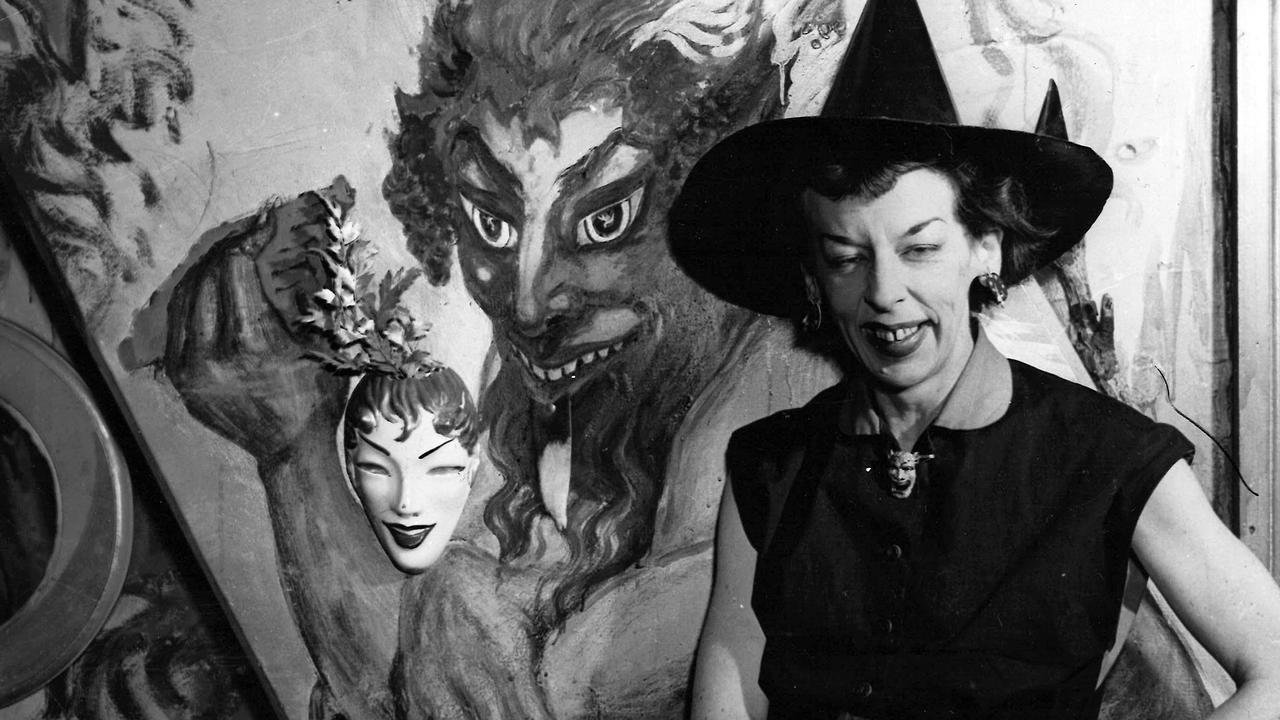How a convict fraudster first catalogued Australian slang
Convict James ‘Flash Jim’ Hardy Vaux was a convict who hated hard work. So how did he become the author of the first ever Aussie slang dictionary?

In Black and White
Don't miss out on the headlines from In Black and White. Followed categories will be added to My News.
If you’ve ever called someone a big galoot, a chum, a cove, or even a kid, you’re talking like a convict.
And we know that thanks to the convict fraudster who wrote Australia’s first dictionary, James Hardy Vaux, aka Flash Jim.
Vaux is the subject of the latest episode of the In Black and White podcast on Australia’s forgotten characters:
His story is told in a new book, Flash Jim, by veteran author and journalist Kel Richards.
Vaux was uniquely qualified to write a dictionary of what was called the “flash language”, the secret code of London’s criminal class, because he spoke it as a second language.
Born in 1782 in Surrey, Vaux was a lazy but well-educated man from a middle-class family, who turned to crime to avoid a life of hard work and learnt flash language from London’s thieves and scoundrels.
Vaux, who was transported to Australia as a convict an astonishing three times, had a knack for using his writing skills, his clerical background, and his bilingual expertise in Standard English and the flash language to worm his way out of hard labour and into soft jobs.

Richards says the idea to write a dictionary was sparked in 1812 by Newcastle commandant Lieutenant Thomas Skottowe’s reliance on Vaux to translate court testimony when he was sitting as a magistrate.
“A witness would say something and Skottowe would turn to Vaux and say, ‘What on earth did that man mean?’ and Vaux would translate,” Richards says.
“So Vaux had this brilliant idea, if I write him a little dictionary explaining the flash language and give it to him, he’ll firstly be amused because the flash language is good fun, but he’ll find it useful when he sits as a magistrate, so useful that he will reward me by taking me out of the mine and giving me a soft job in the quartermaster’s store as a clerk.
“And I’ve got to say, it worked. He got out of the mine. In a lot of ways he was a clever man.”

A Vocabulary of the Flash Language, comprising some 750 headwords, was a hit, and soon afterwards, Vaux also published Australia’s first autobiography, detailing his life of crime.
“He was in many ways an unlikeable character, but he did something really useful for us by producing this little dictionary,” Richards says. “That’s what is fascinating.”
The dictionary includes dozens of words still in use today including croak (die), beak (magistrate), awake (aware), bash (beat), bolt (run away), yarn (tell a tale), duds (clothing), swag (bundle), snitch (betray), racket (fraud), plant (conceal), conk (nose) and mug (face).
Other words in the dictionary have changed meaning over time.
“Galloot” originally meant “soldier” in the flash language, whereas today it refers to someone who is not too clever.
Given the lack of respect convicts had for soldiers, Richards suspects the modern meaning evolved directly from the original sense of the word.
Cove, slowly dying out of Aussie slang, used to mean the same as “bloke”.
In Vaux’s day it was more precise, meaning the master of a house or shop.

The meaning has also broadened for “chum”, which meant a fellow prisoner in a jail or hulk.
Other words such as “kid” mean exactly the same now as they did in Vaux’s dictionary.
Many more entries in the dictionary have been lost to time, including bum-charter (bread steeped in hot water), unbetty (pick) a lock, bushy-park (poor man), cly-faker (pickpocket), dancers (stairs), finger-smith (midwife) and flesh-bag (shirt).
The expression “to work under the armpits” meant to commit crimes minor enough that the maximum penalty if convicted would be seven years’ transportation.
The last entry in the dictionary, “yournabs”, meant yourself, and was an emphatical term used when speaking to another person.
Vaux vanished after his release from his final prison term in Australia and was never heard from again.
Listen to the interview about James Hardy Vaux with Kel Richards in the In Black and White podcast on iTunes, Spotify or web.
See In Black & White in the Herald Sun newspaper Monday to Friday for more stories and photos from Victoria’s past.


